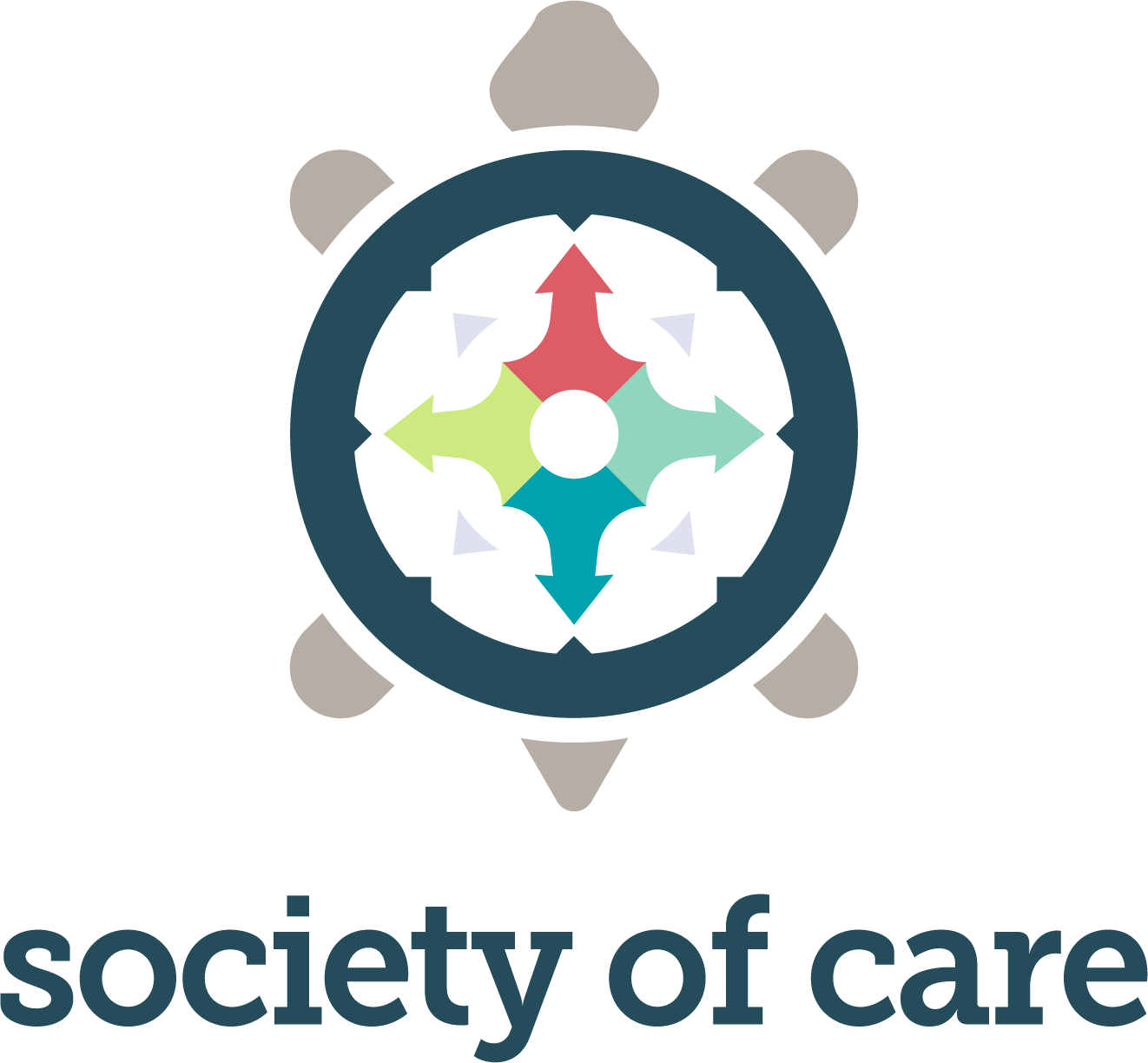A trauma and resilience resource for Nebraska's Native youth and their families.
Care Deeply.
Transform Lives.
Heal Communities.
Society of Care is Changing Lives and Empowering Communities.
We fill a critical need and are making a difference! Native American families in Nebraska have endured generations of struggle and marginalization. The legacy of this history is seen in disproportionate rates of poverty, illness and behavioral health concerns. Trauma impacts every facet of life, yet Native Americans are strong and resilient. We are honored to work alongside and assist our relatives.
Guiding Principles.
Read More About What Guides Our Work.
"Culture Is
Connectedness"
Our programming is structured to strengthen and reinforce cultural approaches and practices that further wellness. In doing so, we respect the unique legacy of each tribe, community, family, and individual. We strive to avoid making assumptions about cultural norms. There are 562 federally recognized tribes in the United States. Some cultural practices are shared across tribes, while others are not. Society of Care reinforces culture through approaches and services that:
- Respect tradition
- Celebrate the uniqueness of each tribe, community, family, and individual
- Appreciate those we work alongside as relatives
- Engage those with we work as full partners
- Acknowledge trauma
- Foster resilience
- Promote aspirational thinking and direction
- Celebrate individual strengths
Community Voices
“We have been utilizing the resources that the Society of Care offers for almost three years. My oldest son receives therapeutic services. I use Navigator services to help find resources. Society of Care has been there for me during very difficult times. They gave my family and me the sense of security that we needed to overcome the struggles we had. Thank you for the help creating the strength that my family has today.”
– Mother of service recipient
“She gives the best hugs and always is there when I need help”
– 4 year-old relative speaking of the support provided by a Society of Care Navigator
“The Society of Care has helped me for years and has really changed my life for the better”
-15 year-old relative
“She has such a clear understanding of the needs of children impacted by trauma, yet she also has the compassion and genuine desire to follow-through in often difficult circumstances. Her perseverance and willingness to listen have made possible the training, consultation and telepsychiatry services directly benefiting children.”
– School psychologist speaking about a Society Care clinician.
“The Society of Care has made a positive impact by servicing youth in our community. Through fun and engaging activities, children learn how to deal with internal problems such as relieving their anger and handling problems, self-care, spreading kindness and making good decisions.”
– program Director Boys & Girls Club
